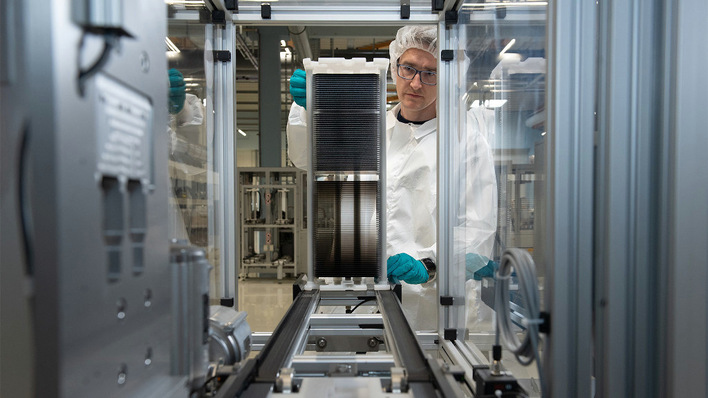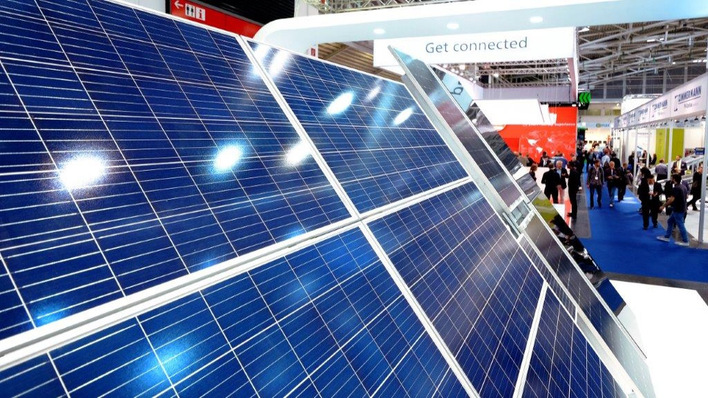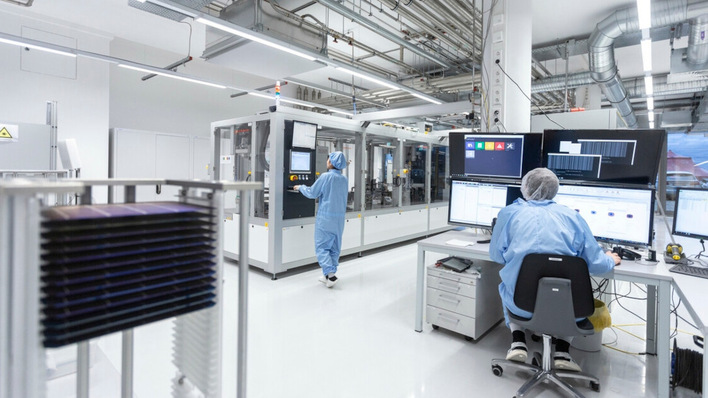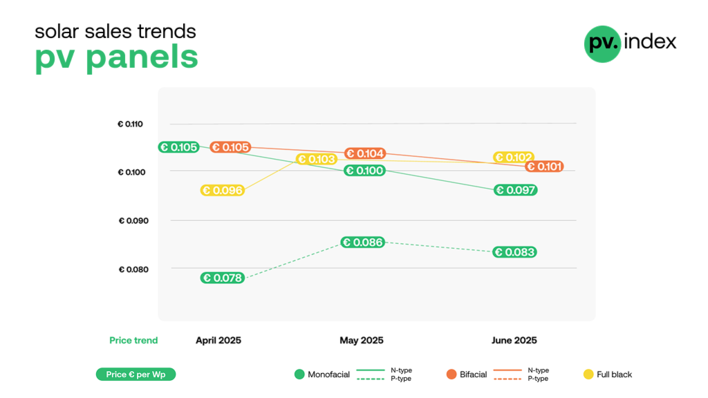" ’I’m not installing anymore this year – I’m not going to put myself through that kind of stress.’ You increasingly hear this or something similar when you talk to German planners or installers these days. And you can also hear some variant of, “If I order more modules now, can you guarantee me that I’ll actually get them on time?” In short, there is a simmering discontent in the market that occasionally boils over into all-out anger but also expresses itself as simple resignation. So, what is it that has quashed the generally positive mood in Germany so quickly?
Well, the politicians are about to bring about what they apparently prefer to do whenever the tender little seedling of solar again threatens to grow into a stately plant - they trample on it by prophesying horrendous costs for the general public, and feed their prognostications with poisoned water in the form of massive cuts in subsidies, the withdrawal of privileges and further reprisals, to ensure that all new shoots are certain to die of it as quickly as possible.
“The mere utterance of changes and cuts is enough to confuse the market”
Unfortunately, the mere utterance of changes and cuts is now enough to confuse the market and bury any planning certainty. There is a temptation to believe that the secret opponents of a rapid energy transition are deliberately making exaggerated announcements, as far as possible, about the date and scope of the measures, so as to pave the way for somewhat moderated but still painful cuts in the chaos that ensues. This happened at the beginning of November, when the German Ministry of Economics announced that the feed-in tariff for roof-mounted photovoltaic systems between 40 and 750 kilowatts-peak would be reduced by around 20 percent to the level of ground-mounted systems by 1 January.
Unprecedented run on all resources available this year
It is hardly surprising that an unprecedented run on all resources available this year began. However, since no one was prepared for this scenario, capacities became scarce within just a few days, be it for modules, inverters, substructures or even installation services. The stakeholders, almost without exception, are currently trying to complete any roof systems that are halfway ready for construction this year or to push forward projects planned for next spring. Where this is not possible for whatever reason, projects have been put on ice as a precaution. For investors and the entire development of the solar industry, this situation is a catastrophe, especially as it is completely unclear how long the weather will continue to cooperate following such a long and dry summer and how long it will be possible to work on roofs.
Uncertainty about future developments
The development of module prices has meanwhile also shown a clear trend towards price stagnation or slight increases. Since this is still a relatively recent development, not all of the players have been able to adapt and respond accordingly. Even before the EEG adjustments became known, the major manufacturers had reported an emerging bottleneck, which can be attributed primarily to increased demand in the southern hemisphere and Asia. The few goods still freely available in Europe are now quickly sold out or offered at significantly higher prices. Due to the uncertainty about future developments in Germany, which will continue at least until the next meeting of the Bundestag Economic Committee on 12 December 2018, no reliable statements can be made about the availability and further price development of solar components.
In the spot market at least, we can expect that due to order cancellations, manufacturers and wholesalers will always be able to offer surplus stocks at moderate prices. These prices are likely to fall as the Christmas season and the end of the year approach. If, in the meantime, the political parties send clear signals in favor of easing or postponing the deadline, the situation could immediately change radically. After the good performance of the Greens in several state elections, the party certainly has the political leverage to influence the government's plans. There is also hope on the part of some SPD- and CDU-governed federal states, which have a high density of solar industry and trades.
„It will cost us all dearly”
All the same, it is completely incomprehensible to me how the team assembled in Berlin can suffer from such a break with reality and how they can afford such foolish antics over and over again. Indeed, it has become plainly apparent that we will not be able to continue for much longer without resource-conserving, low-polluting energy production, and that there is a public demand for more green electricity. Yet, the policy makers' actions speak a completely different language - they have made every conceivable attempt to prevent the rapid implementation of the energy transition. Billions in giveaways to the old energy industry, delays in phasing out coal, Dieselgate and the unchecked flood of plastics are just a few of the highlights in a gigantic tableau of failure. For years, well-known problems have been covered up, whitewashed and remedies delayed, but as soon as it comes to the solar industry, it is suddenly possible to push through deep cuts at an accelerated pace at every level within a few weeks! They claim to want to make the energy transition affordable and protect citizens from unreasonable burdens ... the opposite will be the case - it will cost us all dearly!” (MS/HCN)
Stay informed, get our free newsletter twice a week. Register here
More useful information
https://www.pveurope.eu/News/Markets-Money/Oversupply-and-PV-prices-declines-expected
https://www.pveurope.eu/News/Solar-Generator/34-drop-for-solar-module-prices-expected
https://www.pveurope.eu/solar-modules/solar-advice-price-alone-not-everything








